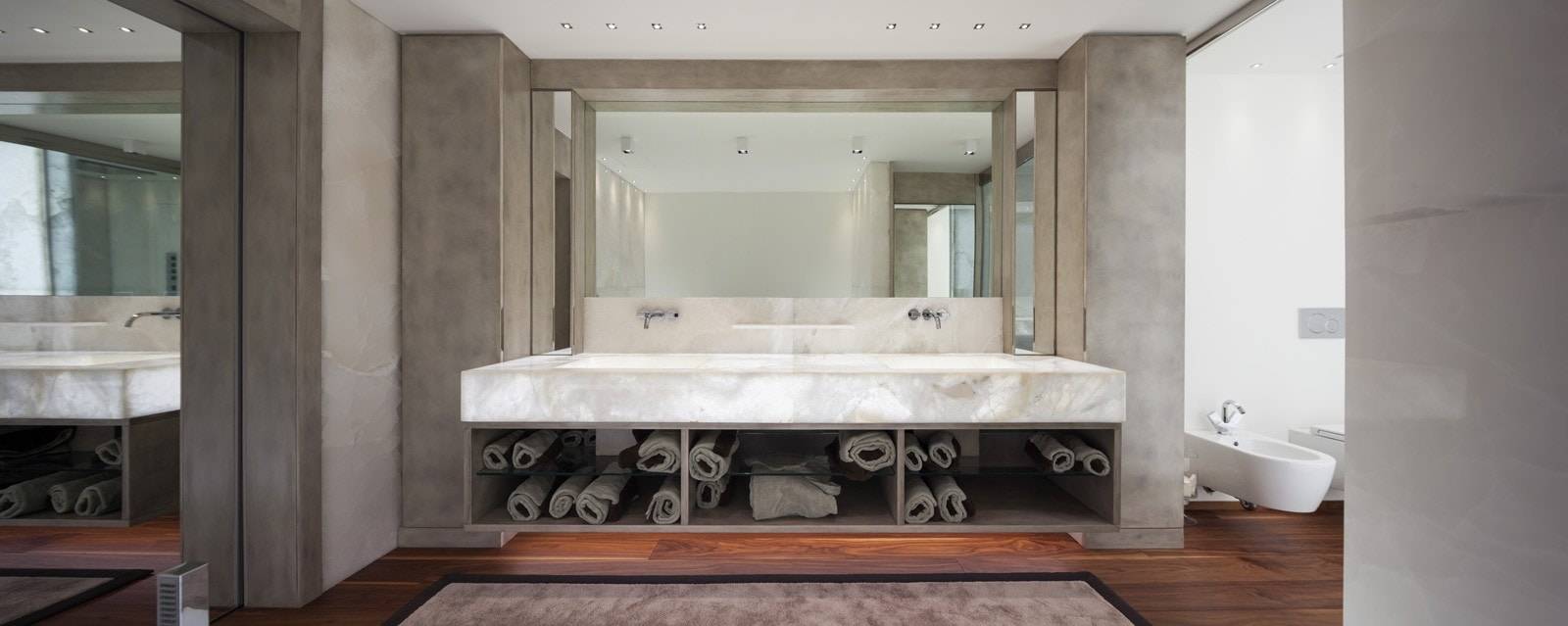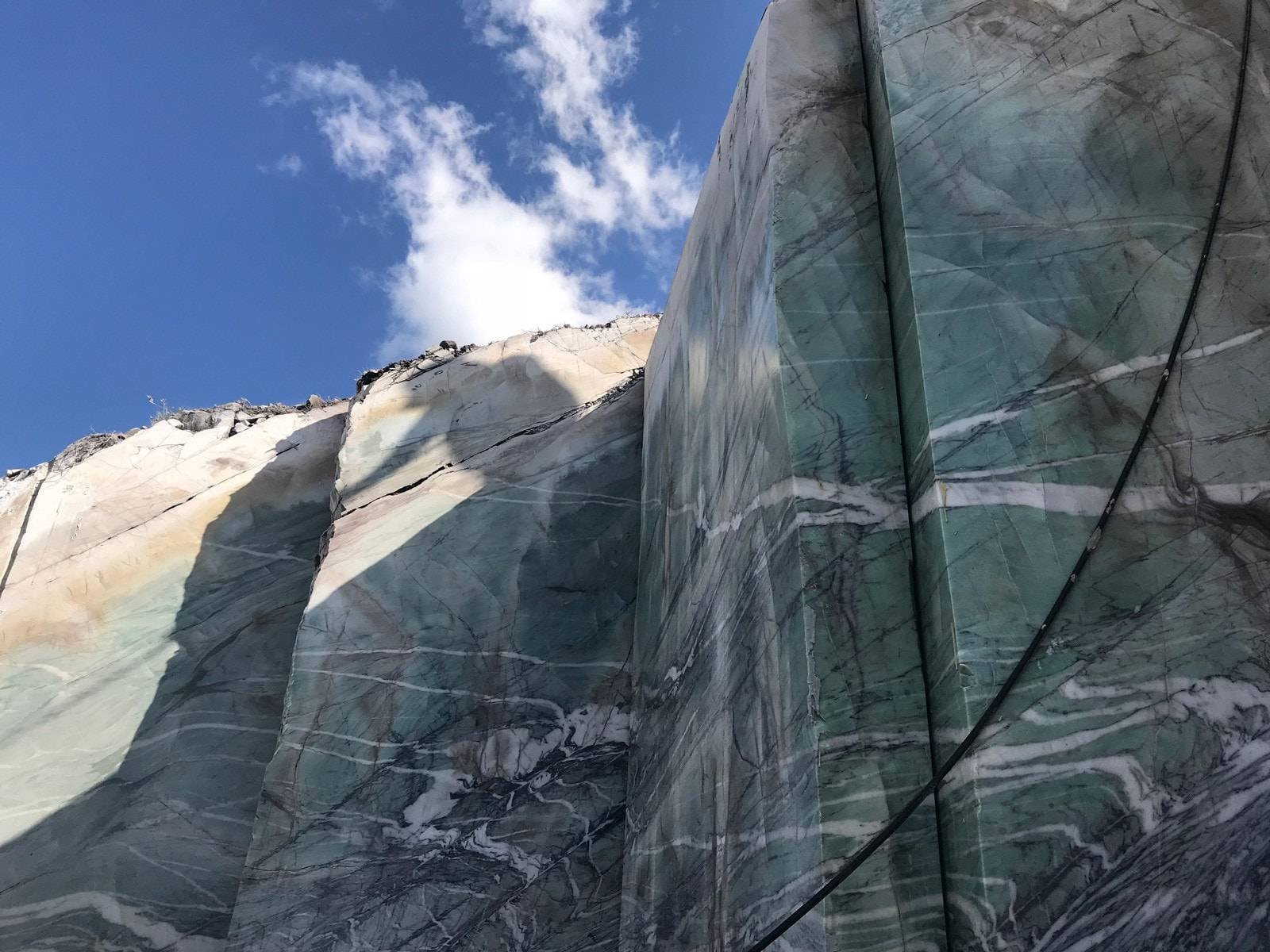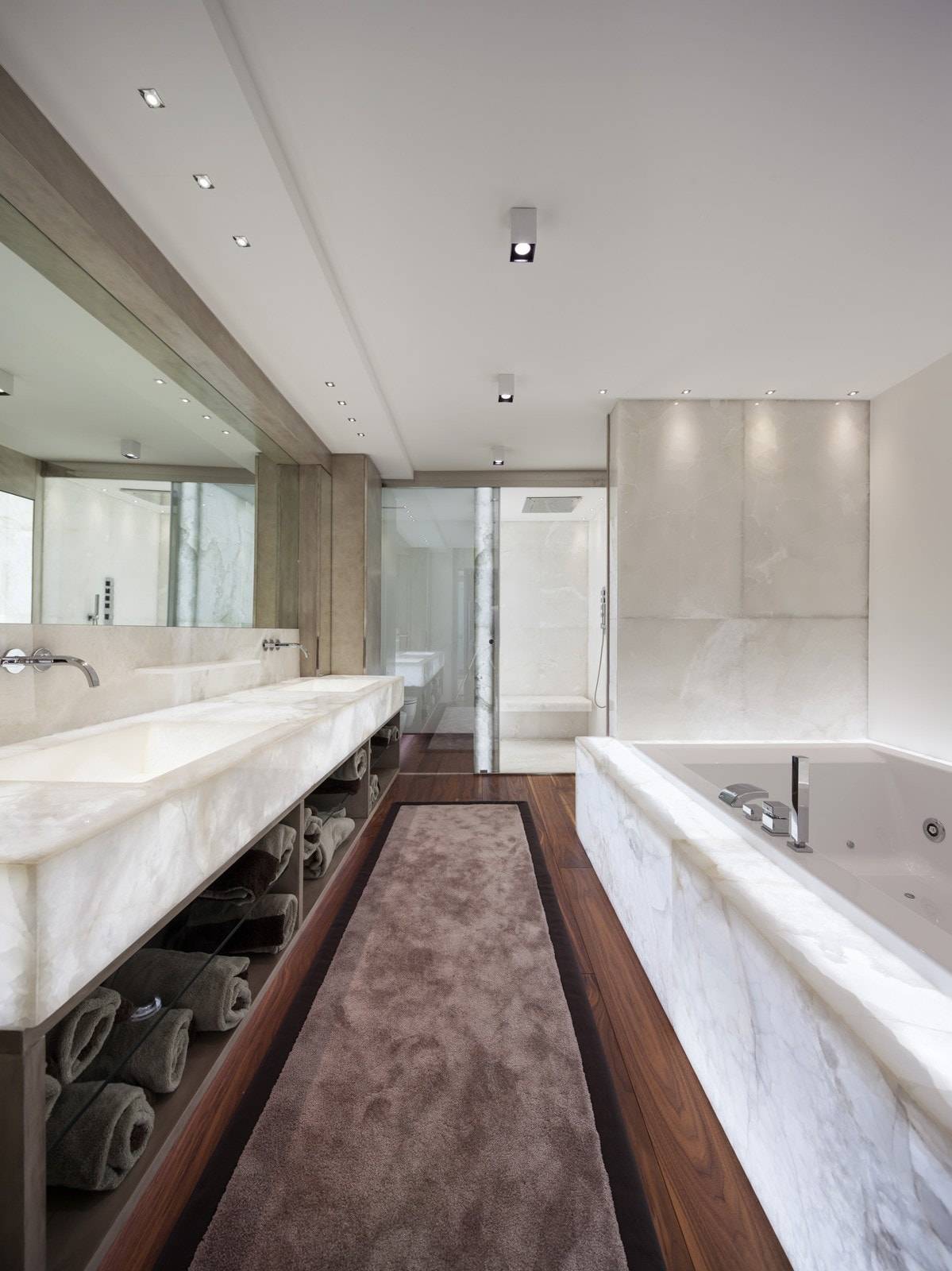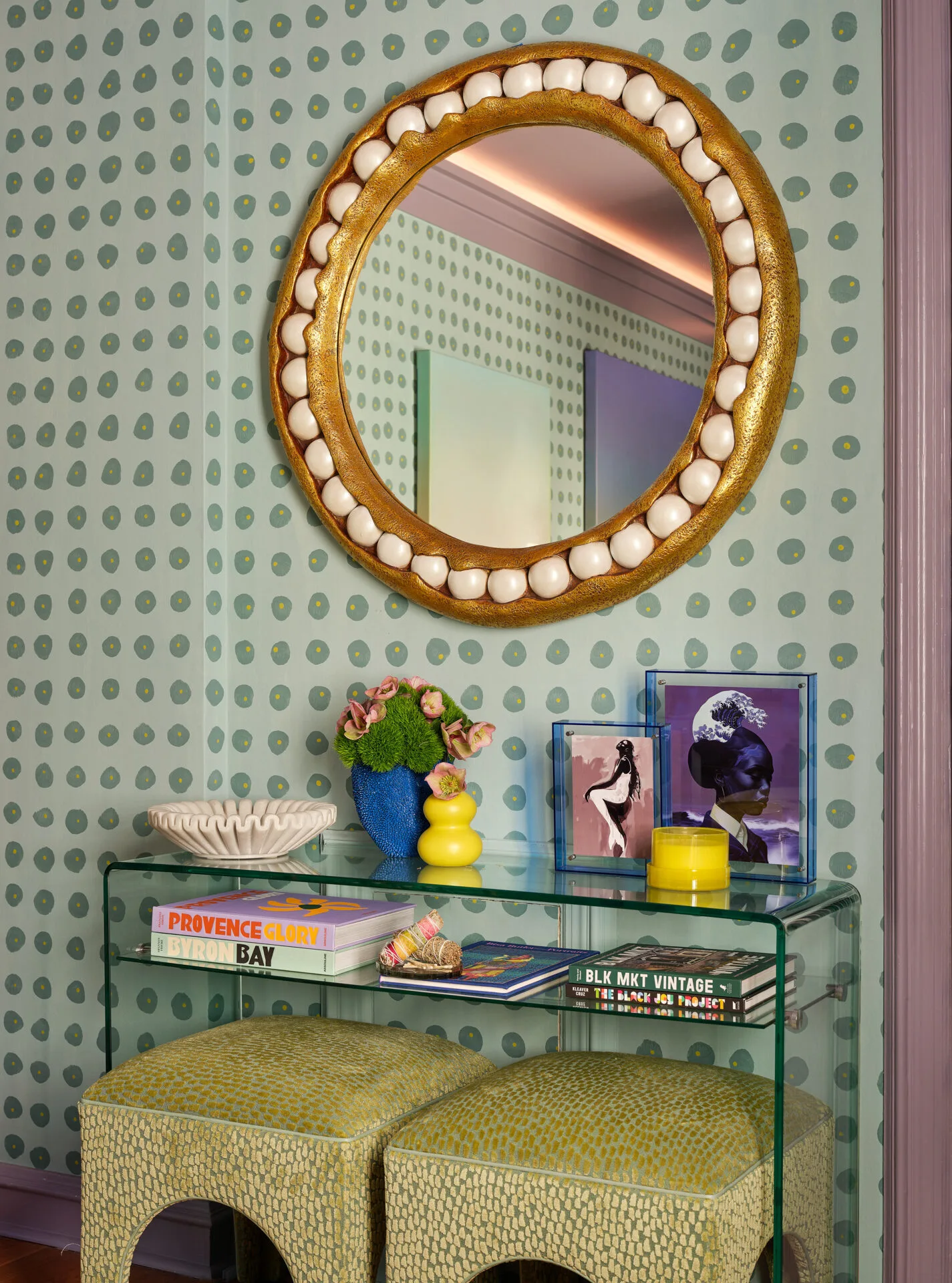
Quartzite stone: Nature makes the impossible possible
Quartzite is a stone that is harder than granite with the soft beauty of marble. This happens because of the plate tectonics, and the this stone is formed deep within the earth by the force of colliding continents.
Quartzite is a versatile stone in many ways, and the uses are many. At home, quartzite slabs and tiles are used for countertops, backsplashes and floors that are both beautiful and durable, and have the additional benefit of being low maintenance.
Quartzite is a versatile stone in many ways, and the uses are many. At home, quartzite slabs and tiles are used for countertops, backsplashes and floors that are both beautiful and durable, and have the additional benefit of being low maintenance.

History of Quartzite
Quartzite is a metamorphic rock, formed through pressure and heat over thousands of years. It is made almost entirely of the mineral quartz.
It starts out as grains of sand deposited on top of each other layer by layer, with minerals in the ocean water acting as glue. This first foundation is called Sandstone, and the name is given when sand particles are still intact and sometimes visible to the naked eye. Along with the layers of fine grains of quartz, there are often feldspar and grains of silt, which lead to the beautiful variations in color of our quartzite slabs.
Through high pressure and high temperature the individual grains eventually fuse together, completely losing their shape and forming a solid crystal mass, creating what we call quartzite. This compressed material is one of the most durable and chemically resistant rocks in Earthʼs crust.
You can find deposits of the stone throughout the world, but active quarries are only found in the Southern Hemisphere.
It starts out as grains of sand deposited on top of each other layer by layer, with minerals in the ocean water acting as glue. This first foundation is called Sandstone, and the name is given when sand particles are still intact and sometimes visible to the naked eye. Along with the layers of fine grains of quartz, there are often feldspar and grains of silt, which lead to the beautiful variations in color of our quartzite slabs.
Through high pressure and high temperature the individual grains eventually fuse together, completely losing their shape and forming a solid crystal mass, creating what we call quartzite. This compressed material is one of the most durable and chemically resistant rocks in Earthʼs crust.
You can find deposits of the stone throughout the world, but active quarries are only found in the Southern Hemisphere.

Properties of Quartzite
Quartzite boasts an array of remarkable qualities. Because they are harder than granite but often possess the soft-toned beauty of a marble, the term quartzite is often misused. For example, the very popular Fantasy Brown or the stunning Super White Calacatta are often sold as quartzites even though they are dolomites.
You can easily test the hardness of the stone with a glass tile, which will easily scratch the surface of white dolomite. On the other hand, quartzite stone is scratch- proof and harder than glass, so it will withstand any knife or glass running through its surface.
This natural stone is hygienic and perfectly suitable for food contact. It is acid resistant, meaning liquids such as lemon juice or vinegar wonʼt etch the surface. To top it all off, quartzite is also resistant to high temperatures, so you can place a hot dish right out of the oven on your countertop without causing any damage.
You can easily test the hardness of the stone with a glass tile, which will easily scratch the surface of white dolomite. On the other hand, quartzite stone is scratch- proof and harder than glass, so it will withstand any knife or glass running through its surface.
This natural stone is hygienic and perfectly suitable for food contact. It is acid resistant, meaning liquids such as lemon juice or vinegar wonʼt etch the surface. To top it all off, quartzite is also resistant to high temperatures, so you can place a hot dish right out of the oven on your countertop without causing any damage.

Quartzite Care
Thanks to its amazing properties, quartzite is fairly low maintenance. You can easily clean your quartzite slab countertops or back-splash with soap and water. However, we recommend against leaving an oil spill on the stoneʼs surface for any length of time.




